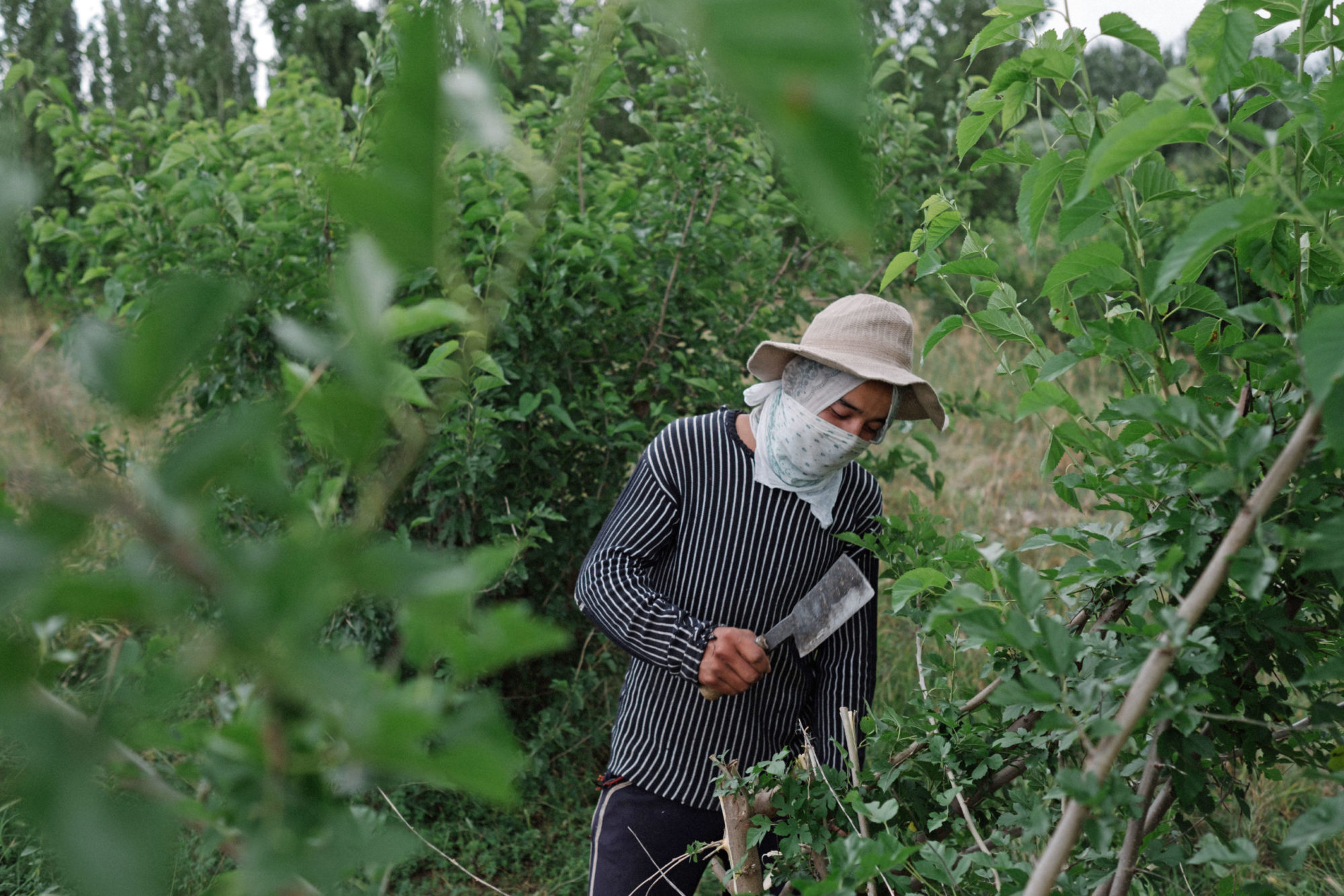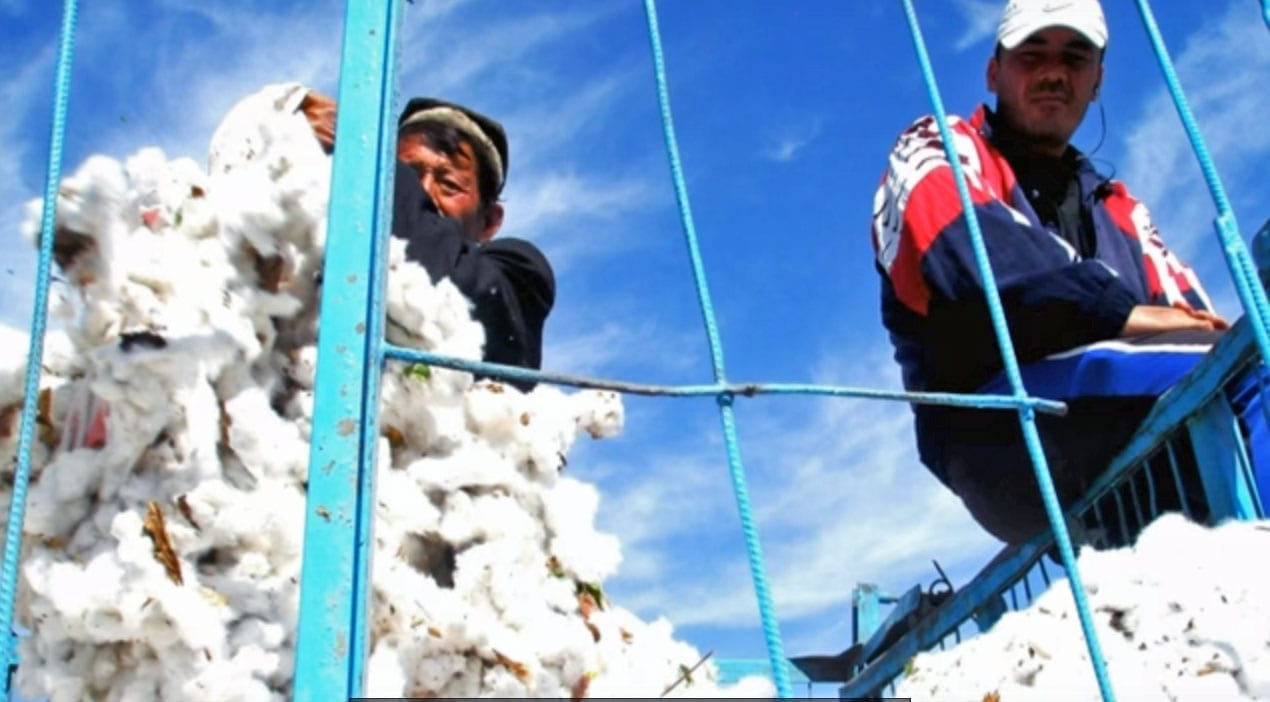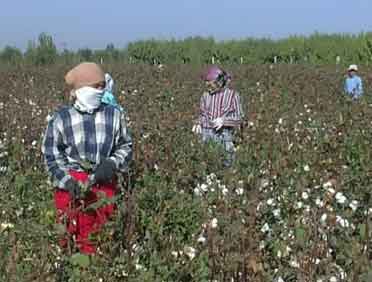The World Bank must convey to the Uzbek government that attacks against independent monitors assessing the extent of forced labor in the country’s cotton harvest will not be tolerated. The World Bank must also outline consequences should the attacks continue,...

In Uzbekistan, where public employees are forced to work in harvests, the Solidarity Center joins with coalition partners to end forced labor. Credit: Timur Karpov.
In Uzbekistan, the Solidarity Center supports civil society efforts to combat forced labor in the country’s annual cotton harvest where, as recently as 2015, the Uzbek government forced 1 million doctors, teachers, nurses, students and private-sector workers to harvest cotton.
The Solidarity Center works with the Cotton Campaign, a coalition of labor rights and human rights organizations, whose efforts have led to elimination of child labor and a significant reduction in forced labor in Uzbekistan’s cotton harvest.
Through the Cotton Campaign, the Solidarity Center pushes for complete elimination of all forms of forced labor, including recent moves by the government to compel teachers and other public-sector employees to clean highways and perform other public maintenance work. With its partners, the Solidarity Center calls on the Uzbek government to implement and enforce the right of all agricultural workers to form, join, and participate in democratic labor unions of their own choosing and allow independent journalists and human rights defenders to monitor cotton labor without fear of reprisals, coercion or intimidation.
Uzbekistan Forced Labor Linked to World Bank Loan
An Uzbek victim of forced labor in cotton production and three human rights defenders filed a complaint against the World Bank’s private lending arm, the International Finance Corporation (IFC), according to a coalition of human rights groups. The June 30 complaint...
Trafficking Report Highlights Uzbekistan Abuses
Uzbekistan and Turkmenistan, two countries where forced labor in cotton harvests is rampant, have been downgraded to the lowest ranking in the U.S. State Department’s 2016 Trafficking in Persons Report released this morning. The report also downgraded Myanmar (Burma)...



